A headline “Getting Sick on Holiday” in the Travel supplement in the New Zealand Herald earlier this year caught my eye. The article quoted research from Southern Cross Travel Insurance that found that one in five kiwis require medical assistance while holidaying overseas.
As I was fortunate to be spending a few weeks in Europe on a family holiday soon after I read the article, the heading jumped out at me. As well as my personal interest I’m often asked in the pharmacy to help people prepare a basic first aid kit to take overseas. I’ve since done a bit of research on this topic so I can share my suggestions with you and tell you what I took with me on my trip.
The Herald article quoted statistics showing illnesses commonly contracted by travellers:
- 27% had diarrhoea and/or vomiting
- 18% got a viral infection
- 12% sprained a body part of broke a bone
- 12% were cut or wounded
- 11% were dehydrated
Looking at the top two most common illnesses – diarrhoea and vomiting and viral infections, there are definitely things we can do to lessen our chances of getting sick from these.
The key factor in avoiding any illness anywhere is hand hygiene. In simple terms this means wash your hands! According to studies at the US Centers for Disease Control and Prevention (CDC), hand-washing is best i.e. better than using hand sanitisers. If you don’t have access to soap and water then using an alcohol based sanitiser is the next best option. Make sure the sanitiser has at least 60% alcohol. And while hand sanitisers reduce germs on hands don’t be fooled into thinking they’ll get rid of all of them. The CDC says that sanitisers are not so effective on hands that are “visibly dirty.”
And a note about hand sanitising wipes – a good use for these if you have them in your bag might be to wipe down your tray table on the plane to reduce germs. One article I read quoted research showing that some bugs can survive for up to four days on surfaces such as tray tables. Perhaps this is why one travel blogger said he keeps his in the upright locked position! A similar idea is to use wipes, a tissue or your sleeve to open toilet doors, overhead lockers etc.
The CDC correct handwashing procedure is:
- Water can be hot or cold as long as it’s clean and running.
- Make a lather with soap and scrub well including backs of hands, between fingers and under nails
- Continue rubbing hands together for at least 20 seconds. If you need a timer hum the ‘happy birthday’ song from beginning to end twice.
So with clean hands, the next step to avoiding diarrhoea and vomiting is to be careful about the quality of the food and water you drink.
An old rule that provides a basic guideline about eating and drinking is “boil it, cook it, peel it or forget it”. It’s not quite that simple though as studies show you can still get sick if you follow this guideline. My suggestion then is to read information before you head off overseas about specific strategies to minimise the risk of eating or drinking contaminated food or water. Some good sites I found are; Worldwise, Centers for Disease Control and Prevention and Safetravel.
I also like to go prepared; to take some medicines with me in case I get sick.
Given the number of New Zealanders who experience diarrhoea while on holiday, having anti-diarrhoea medicines on hand seems a good idea. Anti-diarrhoea medicines are available without a prescription and your pharmacist can advise you how and when to take these. Antibiotics may be necessary to treat bloody diarrhoea and some doctors may prescribe antibiotics for you to take with you in case you experience this. If you want to take medicines to treat vomiting, you’ll need to ask your doctor for a prescription.
Dehydration can occur as a consequence of diarrhoea and or vomiting so taking rehydration solutions may also be a good idea. These are available as sachets that need to be made up with clean water and then sipped frequently to replace fluid lost. Again your pharmacist or doctor can advise what’s best to take and how to use these.
Looking at the second most common illness to affect kiwis while travelling – viral infections – I’ve interpreted as anything from a cold or flu to something more serious such as dengue fever, yellow fever or the zika virus that’s been in the news recently.
There are a number of reasons why travellers contract a virus. Exposure to new germs that we’re not used to is one reason – some diseases that are rarely or never seen in New Zealand are common in other parts of the world. The risk of infectious disease is greatest in tropical and subtropical countries because warm, moist climates offer an ideal environment for the survival and growth of certain organisms. If you’re travelling to developing regions of the world, particularly Africa, South East Asia, and Central and South America, where the risk of travel-related infections is high, I recommend you seek expert advice from a specialist travel health centre or your doctor. They can access the latest information about risks specific to each country and advise you how best to minimise those risks e.g. with vaccinations before you travel and other precautions to take while away.
Thinking about other more simple viruses like colds and flu, these can be a real nuisance for travellers. And it can be hard to avoid getting a cold or other virus when travelling. Research I read indicates quite clearly that “mass transportation contributes to transmission”. As one researcher said, “In our daily lives, we build up antibodies to fight the germs around us, but at an airport, we’re exposed to new viruses from around the globe. Worse, many viruses spread more easily in crowded places like airports, and the relatively low humidity inside aeroplane cabins also help them to spread.”
So what can we do? Number one – wash our hands as most infections we catch are transferred when we touch our eyes, nose or mouth with our hands. I also use a nasal spray to combat the effects of cabin dryness and lower my risk of ‘catching a cold’. There are a number of different products available from pharmacies. They all work in a similar way to help the tiny hairs that line our nose do their job removing particles, including germs, from our nose. They also provide moisture which acts as a barrier protecting against invading micro-organisms.
Using the air vent above your seat to improve air circulation around you is also an effective strategy. If you’re worried about the quality of plane air, aircraft manufacturer Boeing provides reassurance that plane air is safe by explaining ‘outside-air mixing replenishes the cabin air constantly. Replenishment assures that the recirculated portion does not endlessly recirculate but is rapidly diluted and replaced with outside air.’
Drinking water during your flight is important also. Plane air can be up to 55% drier than other indoor places and keeping hydrated is said to increase your resistance to infection. Sipping water frequently throughout your flight is best.
Finally a list of what’s in my travel first aid kit.
- Pain-relieving medicines e.g. paracetamol and ibuprofen
- Anti-diarrhoea medicines
- Anti-histamine tablets in case of insect bites or stings
- Nasal moisturising spray for use in flight
- Sunscreen
Depending on where I’m going in the world, I’ll add to this other items such as insect repellent and/or antibiotics. As before, talk to your pharmacist about which products to choose so you can minimise your risk of getting sick if you’re heading away soon.
Written by: Jenny Cade
This blog provides general information and discussion about medicine, health and related subjects. The information contained in the blog and in any linked materials, are not intended nor implied to be a substitute for professional medical advice.






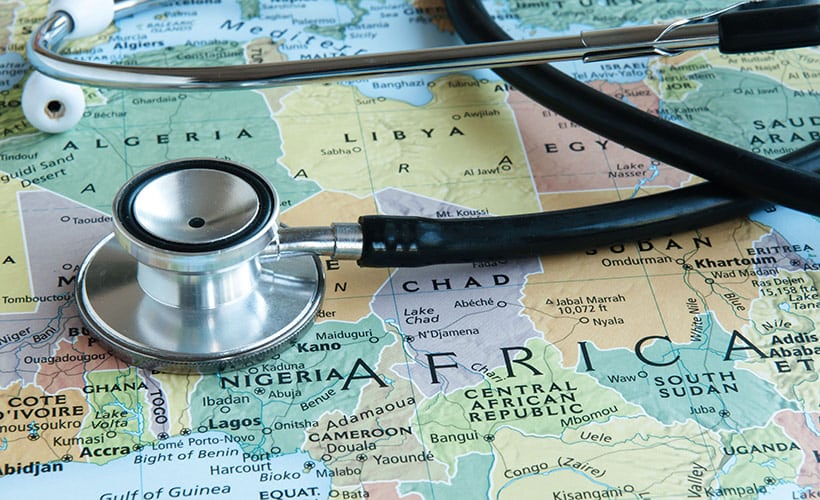
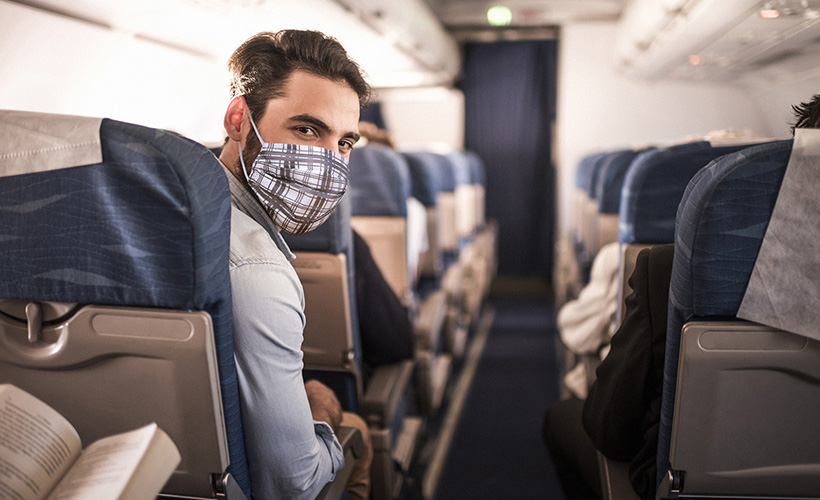

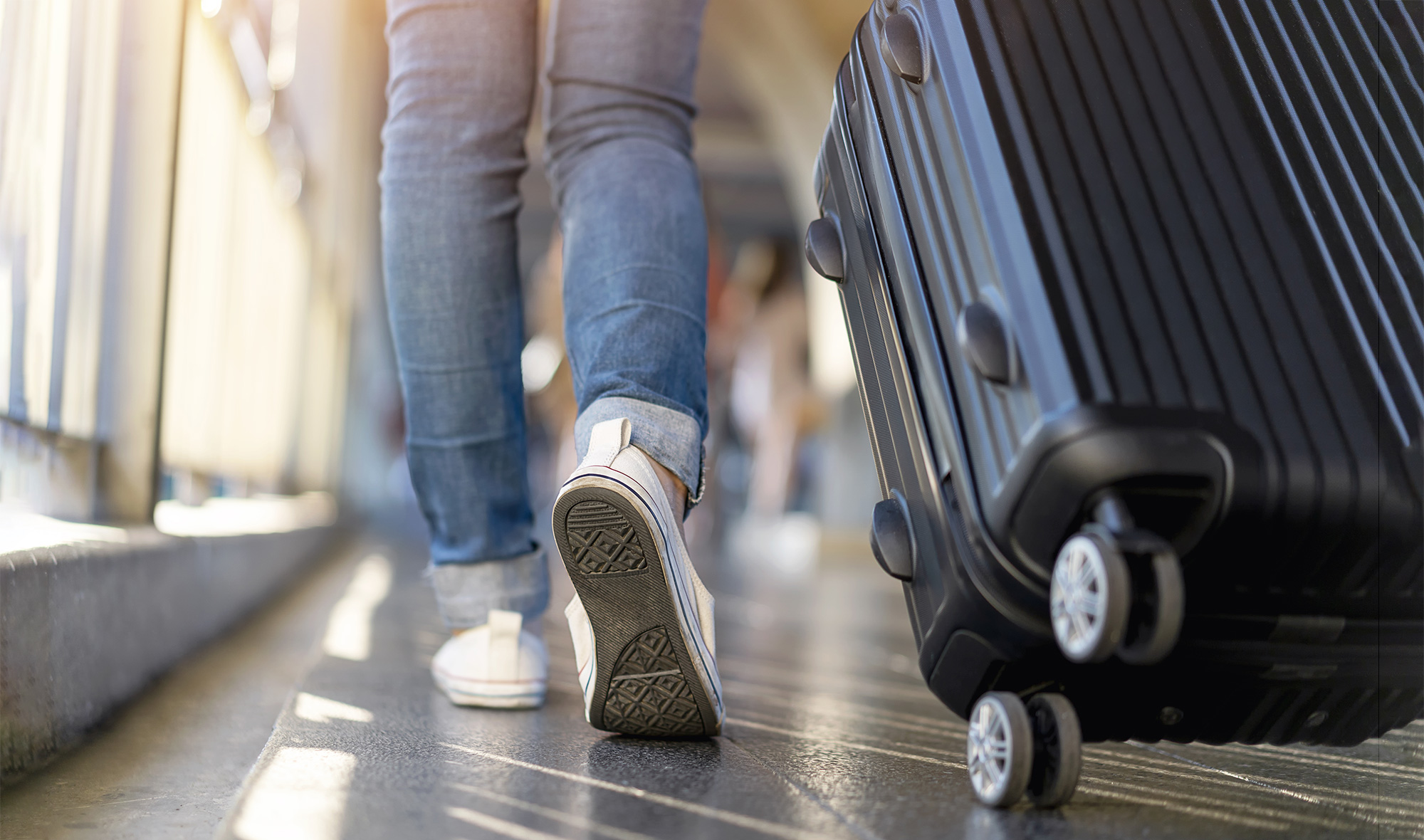
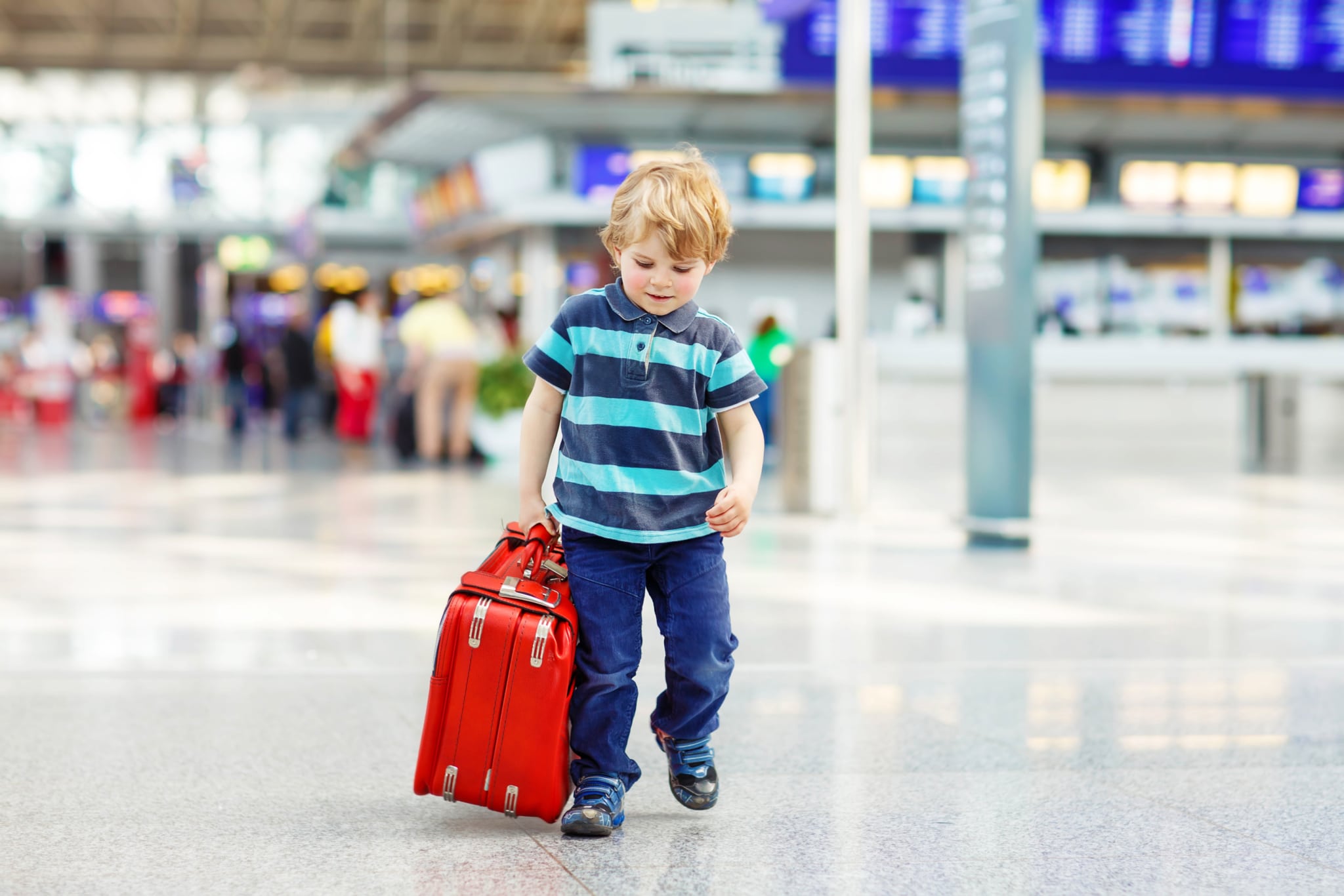


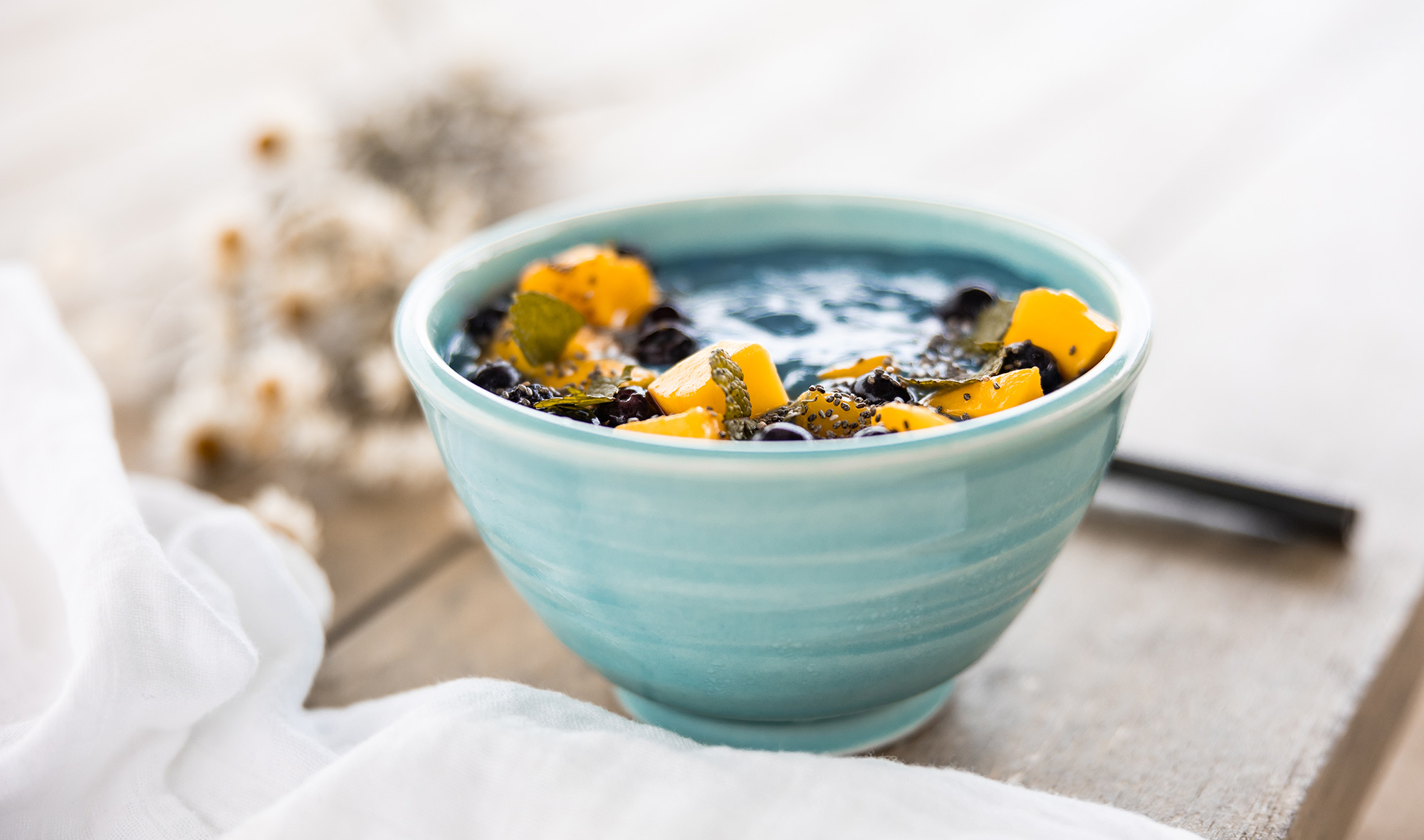



Community